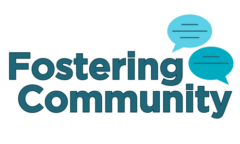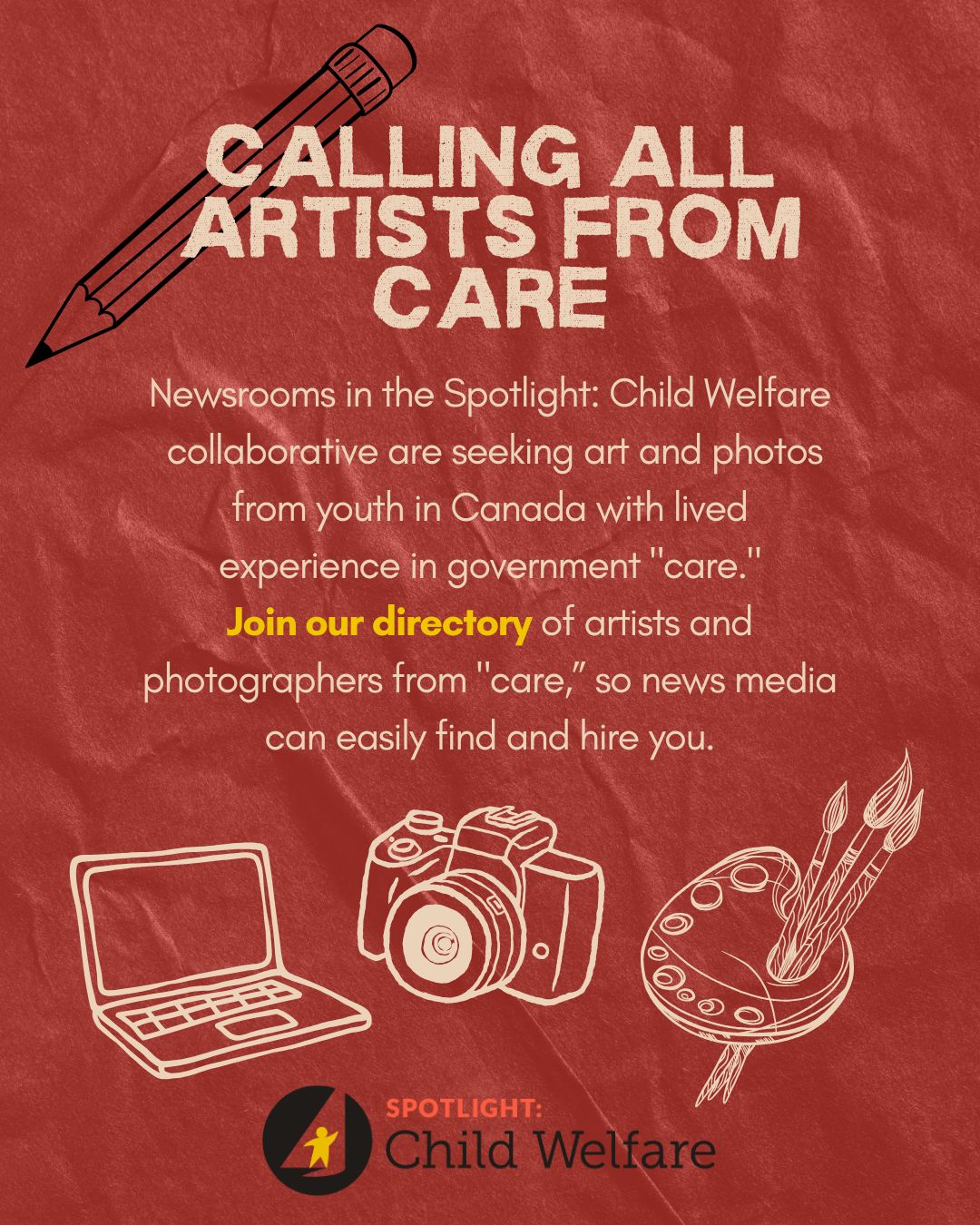by Yasmine V.
Having a mentor can be a game-changer, especially for youth in and from care. Mentors provide guidance, support, and a listening ear, which can make a huge difference in navigating life’s challenges. A mentor is often someone with more experience who can share their knowledge, offer practical advice, and, most importantly, be a trusted adult to look up to. For youth in care, finding that trusted connection can open doors to new opportunities and provide a stable support system that encourages growth and self-confidence.
Why a Mentor Matters: A mentor is more than just someone who gives advice; they’re a guide, a supporter, and a cheerleader. Mentorship has been shown to positively impact mental health, academic achievement, and career prospects. Having someone who believes in you can boost your self-esteem and help you stay motivated, even when times are tough. Mentors can offer insights based on their own experiences, helping you make decisions that align with your goals and values. For youth in care, who might not have a consistent adult figure in their lives, this support can be invaluable.
How to Find a Mentor Finding: The right mentor can feel overwhelming, but there are ways to make the process manageable. Start by identifying what you’re looking for in a mentor. Do you want someone who can help with career advice, school challenges, or maybe just someone to talk to about life? Once you know what you’re looking for, consider reaching out to local organizations that offer mentorship programs, such as Big Brothers Big Sisters, or local youth groups. Another good approach is to get involved in community activities, such as volunteering or joining clubs that align with your interests. When you’re involved in activities you’re passionate about, you’re more likely to meet people who share your values and can offer guidance. Don’t be afraid to ask for help or express your interest in finding a mentor. Most people are flattered by the opportunity to share their experiences and are happy to support young people who are eager to learn.
Benefits of Having a Trusted Adult in Your Life: For youth in and from care, having a trusted adult can create a sense of stability and belonging. This person can offer advice, help with setting goals, and provide encouragement through difficult times. They can also serve as a role model, showing you what’s possible when you work hard and stay dedicated. A mentor can help you build confidence by reminding you of your strengths and achievements and encouraging you to step outside of your comfort zone. How Mentors Guide and Empower A mentor’s role isn’t to give you all the answers but to help you find your path. They can guide you by sharing tools, strategies, and resources that have worked for them or others. For example, they might help you learn how to set achievable goals, manage your time, or prepare for a job interview. They’re also there to listen when you’re facing challenges, offering a fresh perspective and helping you work through obstacles.
Having a mentor can make a big difference in feeling connected, confident, and prepared to face the future. If you’re a youth in or from care, finding a mentor could be one of the most valuable steps you take toward building the life you want.











